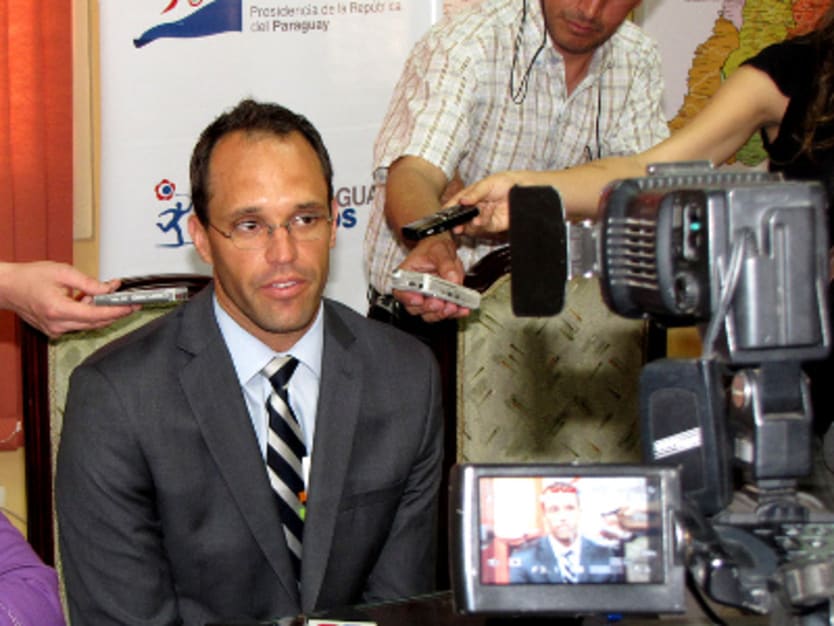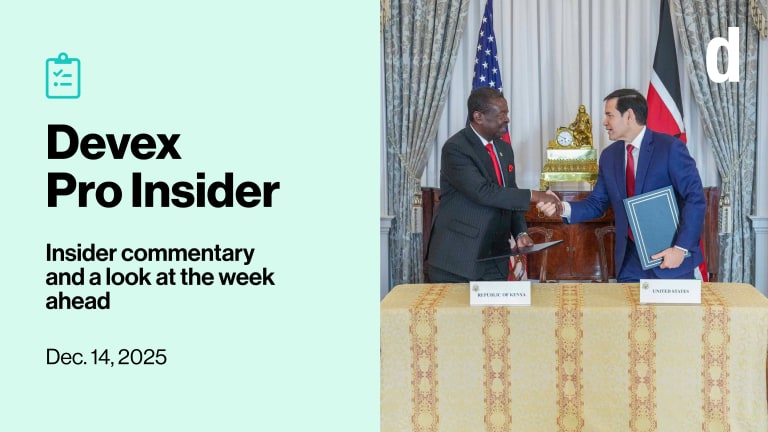
Mark Lopes, the son of a former Peace Corps director, got a close look at poverty while spending his childhood in Brazil and Ecuador. He learned about ways to alleviate it at the dinner table.
Shortly after earning a degree in music, Lopes realized he didn’t want to focus on just one discipline. He joined the Peace Corps in Paraguay and got his master’s degree in public policy from Harvard University’s Kennedy School of Government before serving as a staff member in the U.S. Senate.
Today, as deputy assistant administrator for Latin America and the Caribbean, he helps the U.S. Agency for International Development carry out bilateral assistance to the region. Lopes speaks of the agency’s progress and its needs in Congress. He admits that acting as a liaison for international development and the political arena can be tricky.
“I think it’s always difficult to balance the desire to ease the sting of poverty with a longer-term systematic approach to problem solving in the field,” Lopes said.
He cites USAID for its resourcefulness in the last few decades.
“Most people agree that the region has changed quite a bit in the last 30 years, and USAID can and should adapt to those changes. For example, the region is brimming with people who understand how to plan, implement, and monitor development programs just as well as we do,” he said. “In my view, the future of the region is not about sending more Americans to carry out our programs, but rather about figuring out how to hand off our work to those very capable hands.”
Helping Congress and stakeholders in Washington understand change and bring it about requires relaying the message using both data and anecdotal evidence.
“One main message for Congress is that the investments that USAID makes in institutions in the region pay dividends back to the United States that exceed their cost,” he said. “Especially in this hemisphere, if there is a chronic lack of economic opportunity we are eventually going to feel it one way or another in the United States.”
Read the announcement of Devex’s 40-under-40 honorees.




